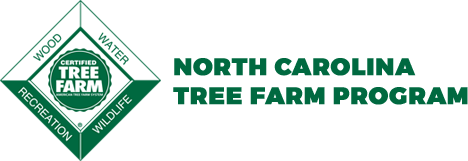Wildlife Enterprises on Private Lands
Learn the basics of establishing wildlife enterprises as recreational businesses. Such businesses benefit wildlife, forestry, and natural resources by providing landowners with income to reinvest in habitat and conservation practices. More broadly, these farm level decisions affect rural communities and income. Webinar topics include types of outdoor experiences for garnering income, and assisting landowners in...
